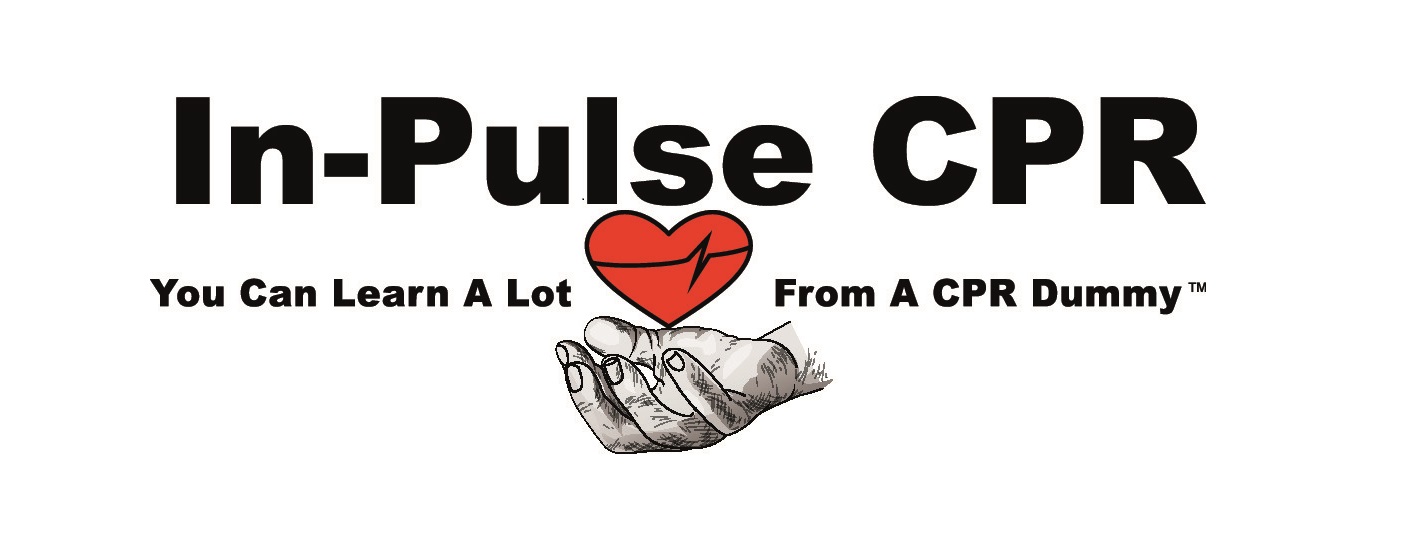Aspirin Dosages
By Carin Mangimeli
Aspirin is a universal painkiller frequently prescribed by doctors and family members. However, its other use as a life-saving medicine during a heart attack is just recently becoming known.
Aspirin was the first non-narcotic pain reliever to be introduced by pharmaceutical companies. However, within the last quarter century, more and more people over 40 have begun taking a daily dose of aspirin to prevent strokes and heart attacks. In addition, taking an aspirin during a heart attack has proven to save the life of the sufferer.
As with any drug, continued intake of aspirin has side effects, including GI bleeds and hemophilia. The U.S. Preventive Services Task Force (USPSTF) has recommended the following dosing guidelines:
- Men between ages 45 and 79 should take a low daily dose of aspirin IF the benefits of heart attack prevention are greater than the risks of gastrointestinal bleeding.
- Women between ages 55 and 79 should consider the medications benefit of stroke prevention over the risks of GI bleeding. Conversely, the American Heart Association recommends that all women over 65 take a daily aspirin regardless of risks.
- Women under 55 and men younger 45 without a personal history of heart attack or stroke are advised to forego a daily dose of aspirin.
It should be noted that the USPSTF specifically stressed lower doses of aspirin are equally, and sometimes more, effective than higher doses.
Anti-inflammatories and similar medications should be taken for aches and pains in place of aspirin to avoid blood thinning and GI bleeding. Aspirin also carries a risk of overdosing and subsequent irreversible damage to kidneys and the liver.
As always, any aspirin dosage should be discussed with a doctor and the possible risks, side effects and potential drug interactions should be thoroughly considered. Annual exams are also recommended for anyone on continuous medication.




